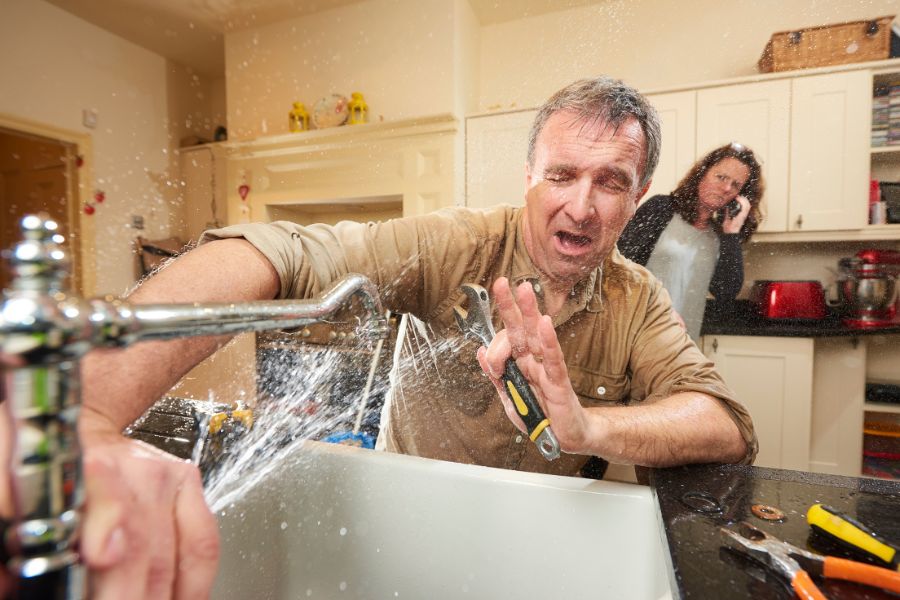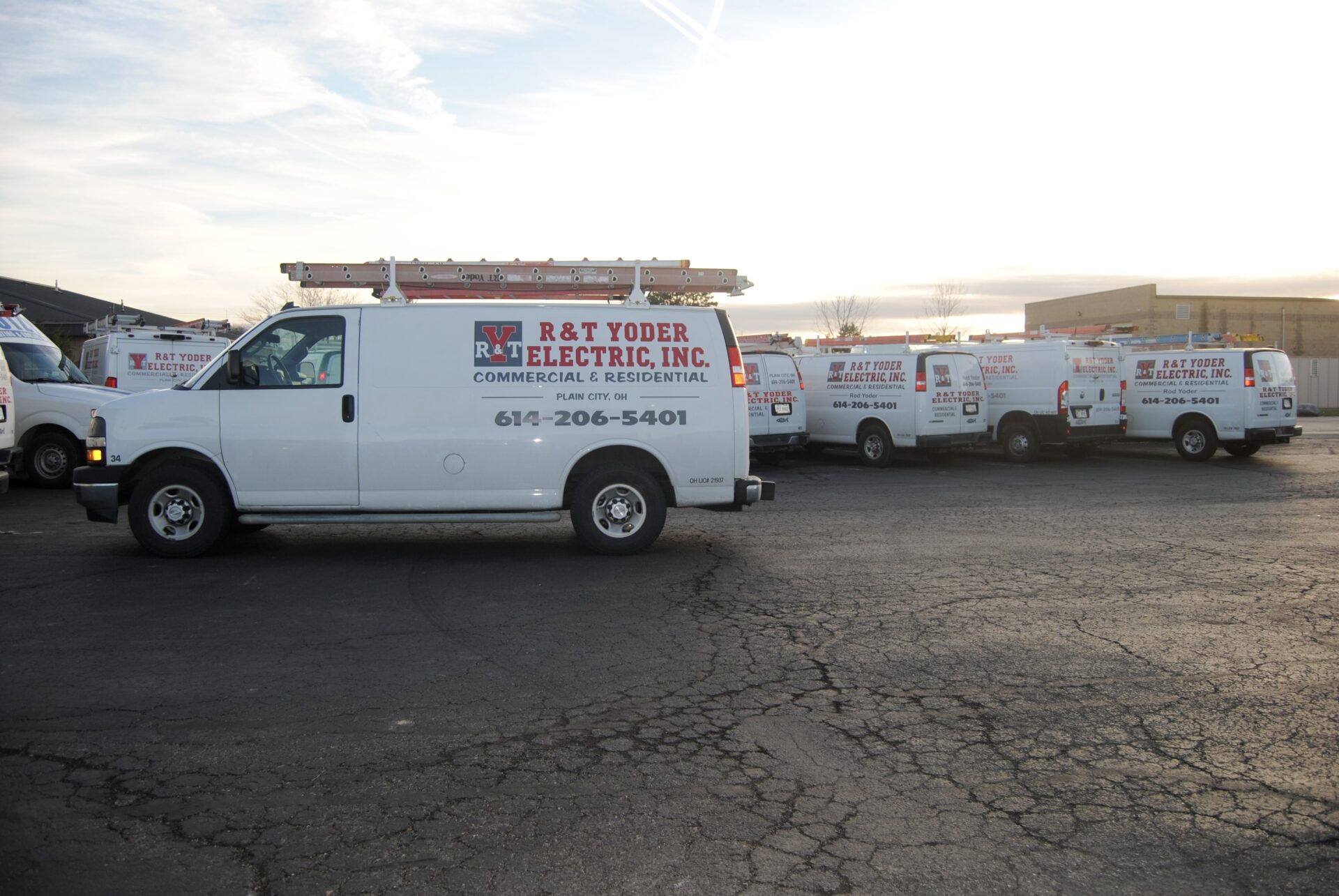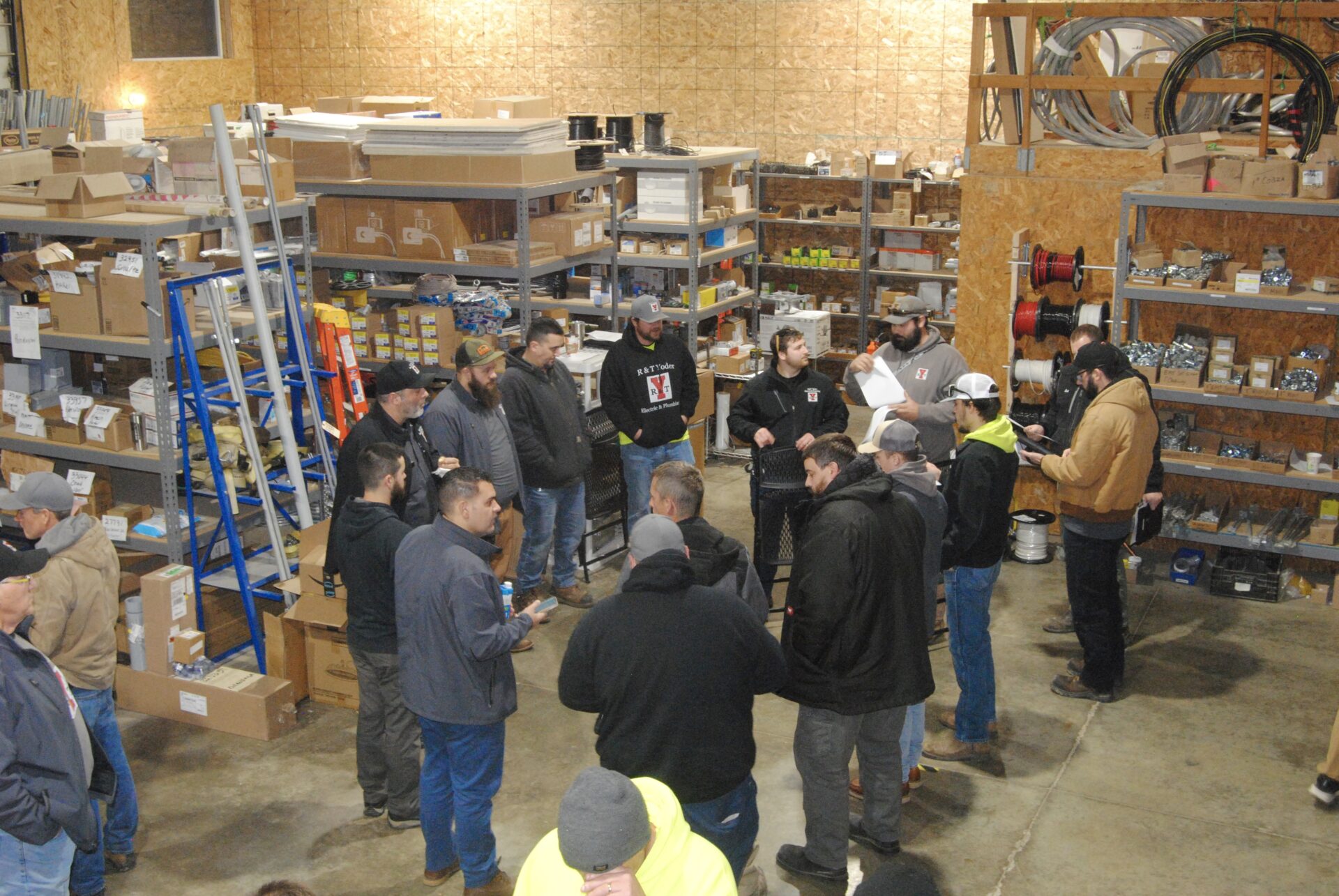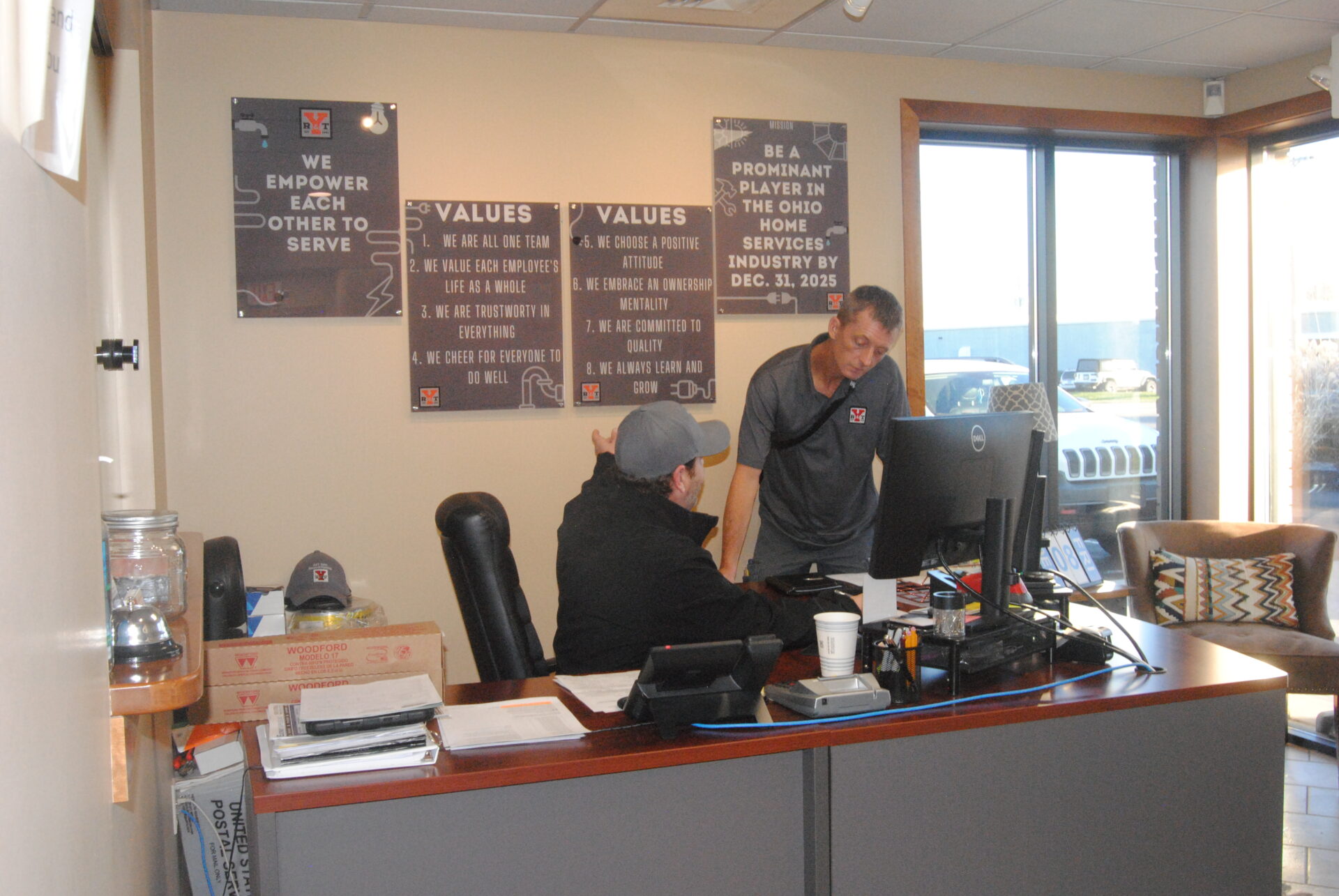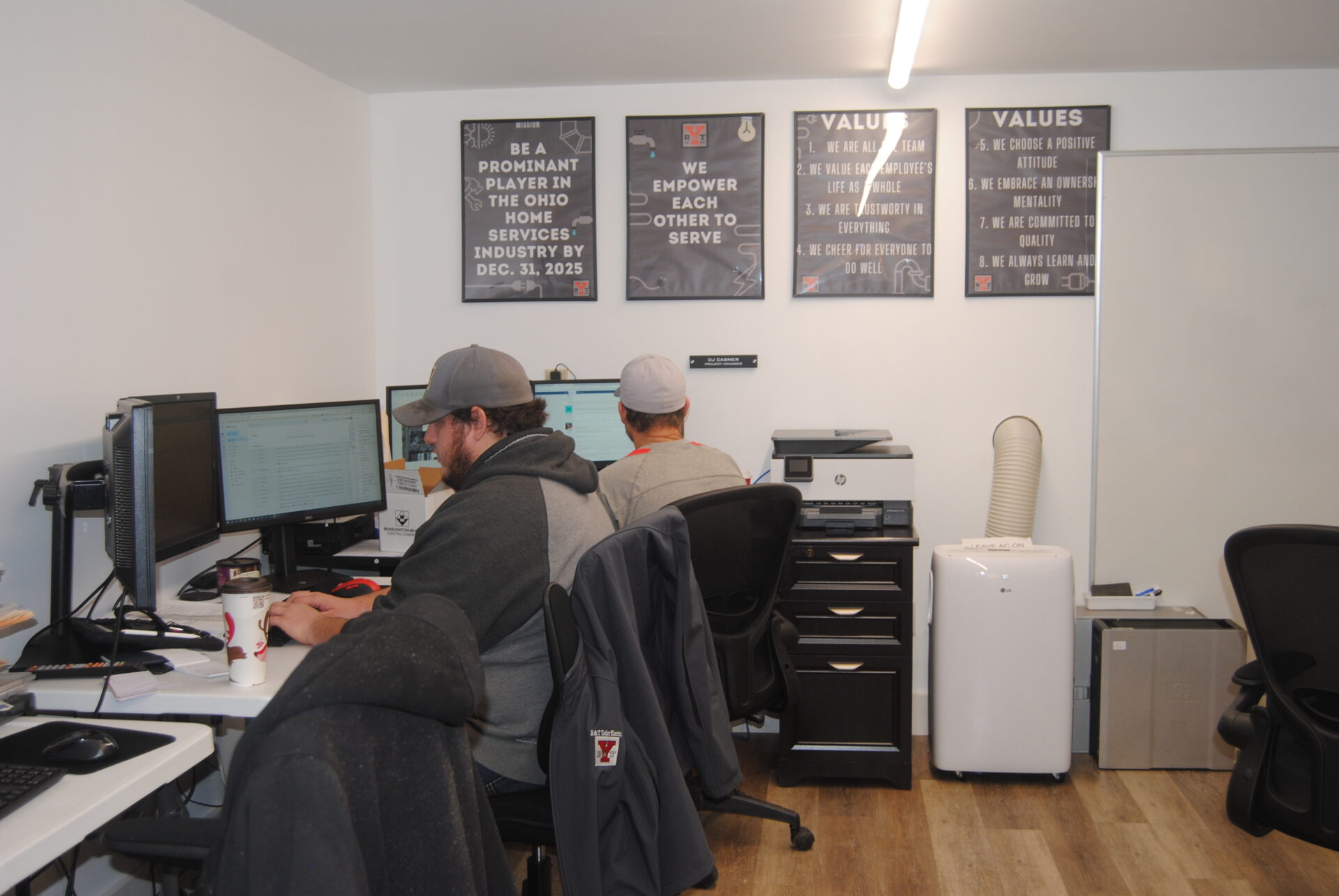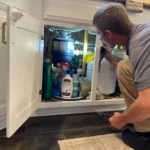Introduction to DIY vs. Professional Plumbing Repairs
Importance of Knowing When to Tackle Repairs Yourself
Plumbing issues can be inconvenient, but deciding whether to fix them yourself or call an expert can save time and prevent headaches. Knowing your limits when it comes to plumbing repairs is key to ensuring that any issues are properly addressed without escalating into larger problems.
Understanding the Risks of Improper Plumbing Repairs
Improper repairs can lead to significant damage, higher costs, and even health hazards. Not every plumbing issue is suitable for a DIY approach, as complex repairs require knowledge of intricate systems and specialized tools.
Basic Plumbing Tasks Suitable for DIY
Unclogging Drains and Sinks
Unclogging a drain or sink is typically manageable with tools like a plunger or drain snake. These tasks are straightforward and can be done with minimal risk if handled carefully.
Fixing Minor Leaks in Pipes and Faucets
Small leaks, especially around fixtures, are often caused by worn-out washers or loose connections. A quick DIY repair with new washers or by tightening parts can solve the problem.
Replacing Showerheads and Faucet Fixtures
Swapping out a showerhead or faucet fixture is generally simple, involving basic tools and minimal plumbing knowledge. This is an ideal DIY task for those looking to make minor upgrades or replacements.
Toilet Repairs: Replacing Flappers and Flush Valves
Replacing the flapper or flush valve in a toilet can often fix common issues like constant running or slow filling. This is a straightforward repair that doesn’t require professional intervention.
Essential Tools for DIY Plumbing
Basic Tools Every Homeowner Should Have
A plunger, adjustable wrench, and pipe tape are basic tools that cover many minor repairs. These essentials help you address simple leaks, clogs, and fixture replacements.
Specialized Plumbing Tools Worth Investing In
Investing in tools like a drain snake, basin wrench, and pipe cutter can make DIY plumbing projects easier. These specialized tools are often necessary for more specific repairs and adjustments.
Understanding the Complexity of Plumbing Systems
The Hidden Network of Pipes, Valves, and Connections
Plumbing systems are a complex network of pipes, valves, and connections. Understanding how they interact is crucial for diagnosing problems correctly and avoiding accidental damage.
Why Mistakes in Plumbing Can Have Serious Consequences
A small mistake, such as over-tightening a connection or failing to seal a joint, can lead to significant leaks or water damage. It’s essential to recognize when a repair is beyond your knowledge.
Evaluating Your DIY Skills
Assessing Your Comfort Level with Tools and Repairs
Confidence in using tools and understanding plumbing basics is essential. If a task seems intimidating or risky, it’s often best to leave it to the professionals.
Knowing When to Stop and Call a Professional
Recognizing your limits is a valuable skill. If a DIY repair isn’t progressing as expected or you encounter unexpected issues, calling a plumber can prevent further complications.
Common Mistakes Made in DIY Plumbing
Over-Tightening Connections
Over-tightening can damage threads and connectors, leading to leaks. This is a common mistake that can easily be avoided by tightening connections until they’re snug without applying excessive force.
Incorrect Use of Plumbing Tape and Sealants
Plumbing tape, or Teflon tape, is crucial for leak-proof connections, but improper use can lead to ineffective sealing. Knowing where and how to apply tape and sealant is essential for effective repairs.
Failing to Properly Shut Off Water Supply
Forgetting to turn off the water supply before starting a repair can cause sudden flooding. This step is often overlooked but is critical for any plumbing task.
Signs of Plumbing Issues Beyond DIY Scope
Persistent Low Water Pressure
If low water pressure persists even after checking for blockages, the issue may lie deeper within the system or involve water supply lines, necessitating professional diagnosis.
Strange Noises from Pipes
Noises like banging or gurgling often indicate pressure issues or air pockets within pipes. These can signal serious issues that a professional plumber is better equipped to handle.
Slow Draining Sinks or Tubs Despite Unclogging Efforts
If repeated unclogging doesn’t resolve slow drainage, it may indicate a larger blockage within the plumbing or sewer line, requiring expert intervention.
Risks of Attempting Complex Repairs Alone
Water Damage from Improper Repairs
Improper repairs can result in water leakage, damaging walls, floors, and even the structural integrity of the home. These risks highlight the importance of professional assistance for complex tasks.
Potential for Pipe Bursts and Flooding
Inadequate repairs can lead to severe issues such as pipe bursts, especially if dealing with high-pressure systems. Flooding can cause extensive property damage and result in costly repairs.
Electrical Hazards in Plumbing Repairs
Certain plumbing tasks, especially those involving water heaters or appliances, carry an electrical risk. This is another area where professional expertise is invaluable.
Benefits of Hiring a Professional Plumber
Access to Specialized Tools and Equipment
Professional plumbers have access to specialized tools that can handle tasks far beyond standard DIY capabilities, ensuring effective and safe repairs.
Expertise in Diagnosing Underlying Issues
Plumbers can diagnose complex plumbing problems accurately. This expertise prevents the risk of misdiagnosis, which could otherwise lead to costly secondary issues.
Professional Liability and Guarantees on Workmanship
Hiring a professional often includes warranties or guarantees on work performed. This provides peace of mind, knowing that repairs are backed by liability coverage.
Cost Comparison: DIY vs. Professional Repairs
Upfront Savings with DIY
DIY repairs can save money initially, as labor costs are eliminated. However, these savings may be offset by potential damage or repeat repairs.
Long-Term Costs of Improper Repairs
Improper repairs may lead to further damage, resulting in higher expenses over time. Hiring a professional from the start can ultimately be a more cost-effective solution.
Types of Repairs That Require a Professional
Water Heater Repairs and Installations
Water heaters involve gas or electricity, which can be hazardous without the correct knowledge. Professional installation and repairs ensure safety and compliance with regulations.
Sewer Line Blockages and Repairs
Sewer lines are complex and can be challenging to repair without professional tools and expertise. Blockages here often require specialized equipment for effective clearing.
Installing or Replacing Water Supply Lines
Water supply line installation requires precise work to avoid leaks or water pressure issues. This is best left to a professional who can ensure secure, efficient connections.
Gas Line Repairs and Connections
Gas lines present significant safety risks if not handled correctly. Certified plumbers are trained to handle these connections, ensuring both safety and regulatory compliance.
When to Seek Emergency Plumbing Services
Burst Pipes or Severe Leaks
Burst pipes can cause extensive water damage quickly. Calling an emergency plumber ensures immediate response and minimizes the impact of severe leaks.
Sewage Backups
Sewage backups present health hazards and require immediate professional intervention. Plumbers can address the root cause, restoring proper drainage safely and efficiently.
No Access to Water in the Home
Lack of water access can indicate significant issues, often involving the main water line. This situation typically requires prompt professional inspection.
Insurance and DIY Plumbing Repairs
Understanding What Insurance Covers
Home insurance policies often cover damages from plumbing issues but may exclude those resulting from unlicensed DIY repairs. Knowing what your insurance includes is essential before undertaking repairs.
Risks of Voiding Insurance Through DIY
Certain DIY repairs may void insurance coverage, particularly if improper installation or damage results. Hiring a professional helps safeguard insurance eligibility.
How to Find a Reputable Plumber
Checking Licensing and Certifications
Verify that any plumber you hire holds the proper licenses and certifications. These credentials ensure they meet industry standards for safety and quality.
Reading Reviews and Getting Referrals
Customer reviews and referrals from friends or neighbors are valuable resources. Positive feedback can help you choose a reliable, experienced plumber.
Importance of Clear Estimates and Warranties
A reputable plumber provides a detailed estimate upfront and stands by their work with warranties, ensuring transparency and customer satisfaction.
Final Thoughts on DIY vs. Professional Plumbing Repairs
Encouraging Caution and Good Judgment
Choosing between DIY and professional repairs requires careful consideration. Exercising caution helps avoid costly mistakes, ensuring repairs are effective and safe.
Summing Up When to DIY and When to Call an Expert
Minor issues like unclogging drains or fixing small leaks are often manageable, but complex repairs benefit from a professional’s skill. Knowing when to call an expert protects your home, finances, and peace of mind.
Frequently Asked Questions
1. What plumbing repairs can I safely do myself?
Basic tasks like unclogging drains, fixing minor faucet leaks, and replacing showerheads are generally safe for DIY. However, more complex repairs involving water heaters, sewer lines, or gas lines should be left to professionals to ensure safety and compliance.
2. How do I know when to call a plumber?
Call a plumber if you encounter persistent issues, like low water pressure, strange noises from pipes, sewage backups, or repeated drain clogs that DIY methods haven’t resolved. Additionally, any task involving major installations or potential electrical hazards warrants professional help.
3. What risks are associated with DIY plumbing repairs?
DIY plumbing carries risks like water damage from incorrect repairs, potential flooding, mold growth, and even electrical hazards in repairs involving water heaters. Without proper tools or knowledge, mistakes can lead to costlier problems.
4. Is DIY plumbing covered by my home insurance?
Home insurance may not cover damage caused by DIY plumbing repairs, especially if the repair was improperly done. Some policies only cover damage caused by licensed professionals, so it’s essential to check with your insurer before attempting major repairs.
5. What tools should I have for DIY plumbing repairs?
Basic tools include a plunger, adjustable wrench, pipe tape, and a drain snake. For more advanced repairs, a pipe cutter and basin wrench can be helpful, but keep in mind that complex plumbing often requires specialized equipment best handled by a professional.

